
Recently,
Ryan Phillippe has been known more for being Reese Witherspoon’s
husband than for his acting. This week, he hopes to turn that around
with a lead role in Clint Eastwood’s latest film, the
Iwo Jima
epic FLAGS
OF OUR FATHERS.
Last
week, Ryan stopped by the Four Seasons in
Beverly Hills
to talk about his experience making FLAGS OF OUR FATHERS. If you
look at his face closely, he looks kinda like Scarlett Johansson.
But that’s just one man’s opinion.
Ryan
Phillippe

More
than anybody else in this film, the character you’re playing is
the most connected to the author. Did you feel real pressure in
playing this guy?
Yeah,
there was definitely an element of that, just the responsibility
that comes along with playing someone who I feel was really a pretty
great person, and had gone through these experiences. But in a lot
of ways it makes my job that much easier, a lot of the work is done
for me, this man existed, I can see pictures of him and know how he
smiled and talked to his son, and find out how he dealt with people,
and read the book and know what was important to him during this
battle, it really does a lot of the work for me.
Then
it’s just about making sure that I’m prepared enough to
replicate his ability with his equipment and the first aid stuff
that I really took a lot of time to make sure I got right. But I
loved playing someone who – I think it’s great, it feels very
special and then when his son was on set and some of the moments I
had to that end were just pretty amazing. His wife was there in
Chicago when we were shooting. It’s pretty cool, it makes it all
that much more important.
You
come from a military family, right?
Yeah,
not to the extent that – I wasn’t like an army brat kind of
thing, but my grandfather’s both fought in World War II, my
grandfather was on the ground in Germany and my other grandfather
was in the Philippines, my dad served in the Navy during Vietnam, my
uncles were in Vietnam on the ground, so to pay tribute and to kind
of tell a story having to do particularly with World War II, the
greatest generation, the men of that time, and children of the
depression who then were put into this situation, were responsible
for the shape of the world in a lot of ways. That was huge for me.
How
did you get this role, where were you when you heard that you got it
and what was your first encounter with Mr. Eastwood?
I
read that he had optioned this book in the newspaper and I
immediately went out and bought it and read it within the next two
days, and just thought to myself if there was one thing I could do
in it, be involved with it in any capacity, the smallest role, I
wouldn’t have cared, I just wanted to be a part of it if at all
possible. It was the first job in my life I’ve ever pursued the
way I did this one. I’d never written a letter to a director
before in my life, and I did on this film.
I
went in many times, they didn’t want to cast initially people my
age, Clint had thought he wanted 19, 20 year olds, the age these
guys were, so they so me for the Mike Strank, the Barry Pepper role,
and they read me a bunch of times, and then it just got further and
further down the line, and it was like, ah, they really wanted me to
play Doc,’ and I just couldn’t believe it.
I was in my office in Venice when I got the call from my
agent, and I literally dropped to my knees, I literally was just
praising God, it was one of the better professional moments of my
life to get that phone call.
And
I had never met him up until that point, because he doesn’t read
actors. Phyllis Huffman, who’s an incredible lady and largely
responsible for my getting this job, she passed away after the film
was made, but he trusts her implicitly, she’s also a friend of his
and so her word is really important to him, so I had never met him
until we were getting on the Warner Brothers’ jet to fly to D.C.
for our first day, and Adam and Jesse and I were all sitting on the
plane just like, ‘Oh, we’re going to meet him, what’s he going
to be like?’ His car pulls up and he gets out and it’s Clint
Eastwood.
Then
you’re on a private plane with him, sitting like a little boy in
the front, looking back at him. And then it takes awhile to get over
the fact that you’re working with this legend. Then it does and
then you find yourself having beers and talking politics with him,
because he does really become so – he’s so easy to be around,
he’s funny, and he treats people decently.
Your
character is set apart from the rest because he has to watch out for
everybody else. Did you try to really get into that?
Definitely.
I mean, there’s something so primal when they’re calling – I
really thought, these men are wounded and they’re calling out
‘Corpsman,’ it’s very much you could substitute, ‘Mommy,’
or ‘Daddy,’ in its place, because it’s just a desperate basic
need that they find themselves having when they’re wounded on a
battlefield, these are young boys. Yeah, and to know that you
can’t save everyone, you can’t get to everyone, and what a
frustration that is.
And
he’s also set apart I think because he’s not a Marine, and
he’s not carrying an automatic weapon, he doesn’t have grenades
on him, his job is to preserve life for his unit and his country,
and not take it, and I liked having that perspective. I liked how
unique that felt to me, to be someone who’s out there in just as
much peril, if not more because there was a point made about the
Japanese snipers who were told to take out the corpsmen because if
he dies that means probably another ten marines will die, and also
what it does to the morale of the men to see their father-figure,
the caretaker, die. So they were in a lot of danger.
What
was the trickiest scene to shoot?
It’s
hard to say, any of the stuff that I did medical, when I did first
aid, and I was working with a lot of props, because you only usually
do one take, there’s a lot of pressure on just making sure that
stuff’s accurate and getting it right, so those scenes, the scenes
where I had to different medical stuff were probably the ones I was
most anxious about just because I wanted it to be right and knew we
wouldn’t do it too many times, and I wanted to impress the boss.
Did
Clint give you pats on the back? Is he very demonstrative?
Here
and there. No, I mean, he’s not, and I like that, I hate when
you’re on a film set and after every take you go, ‘Oh that was
great, that was amazing,’ he doesn’t do any of that. He’ll
say, (impersonates Eastwood) ‘That’s enough of that.’ And
he’s right, and I far prefer that. But I do remember when we did
the flag raising, and no one else had ever seen any of us rehearse
it, but we’d gotten together on our own and studied the tape, and
made sure we knew what the physicality was, and when we did it the
first time he came over and addressed the group of us, and he said,
‘I’m proud of you.’ That was pretty cool.
Was
there archive footage of your character? How did you try to make it
accurate?
I
very much tried to make it accurate, I had pictures of him, a lot of
pictures John Bradley, no audio recordings, I’d asked and looked
for that but they really couldn’t find anything until he was a lot
older, and it wouldn’t have made as much sense. But I kind of knew
somewhat the accent from the area that he lived it, and the book was
really helpful, but I didn’t have any video of him or anything. I
had a lot of pictures, and I put them up all over my trailer and
used those pictures and what I could take from the look in his eyes,
and that sort of thing, to inspire me every day and keep me grounded
and focused on him.
What
was it like to shoot in Iceland?
Iceland
is just one really diverse landscape, it’s really wildly diverse,
but Reykjavik, the Icelandic people party hard on Friday and
Saturday, ‘til sun up and through the night. Yeah, we’d blow off
a lot of steam, we were doing really physical work, carrying forty
pounds of equipment when we were doing the war stuff, we weren’t
treated like actors, we carried our own stuff, we were responsible
for each other, yeah, we would definitely – when you have a bunch
of young guys, particularly young actors on a location with
disposable money and that sort of thing, we had a good time.
I
hear even though you were shooting in the summer it got really cold?
Yeah
it did. Nothing unbearable really, as it would be if you were there
in wintertime, but it was – that was actually a great move on
their part, because there’s only a few places in the world that
have black sand beaches like Iwo did, and Hawaii would have been one
of them, but it would have been such the wrong way to go, because it
would have felt like a vacation, here we felt removed and isolated,
and on foreign soil and it was just the right way to do it.
Questions?
Comments? Manifestos? Send them to me at [email protected].


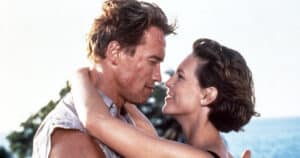

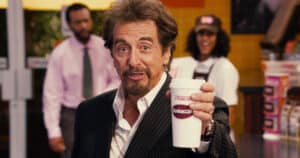
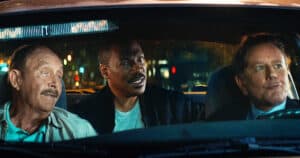
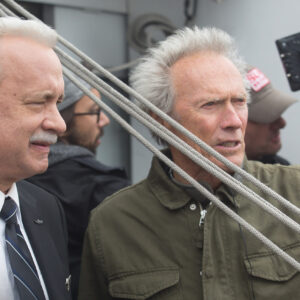


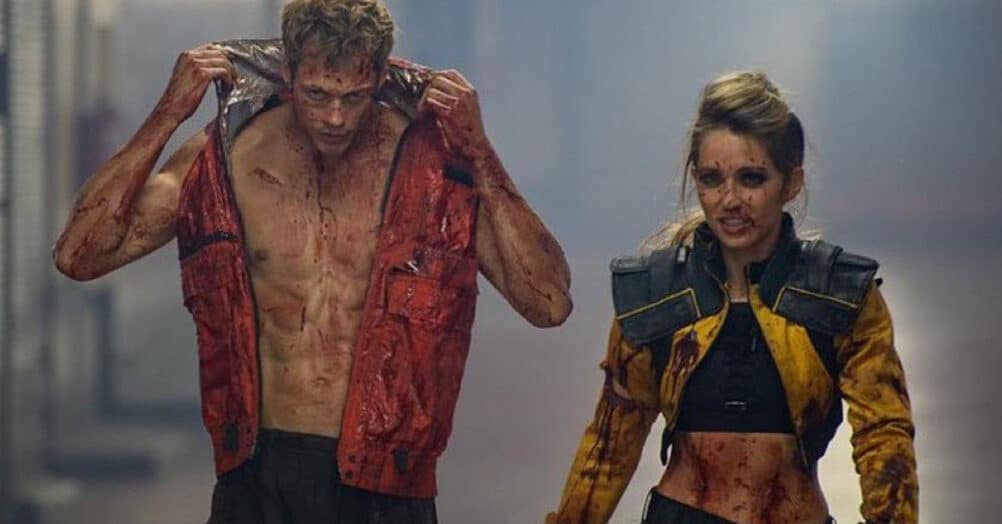
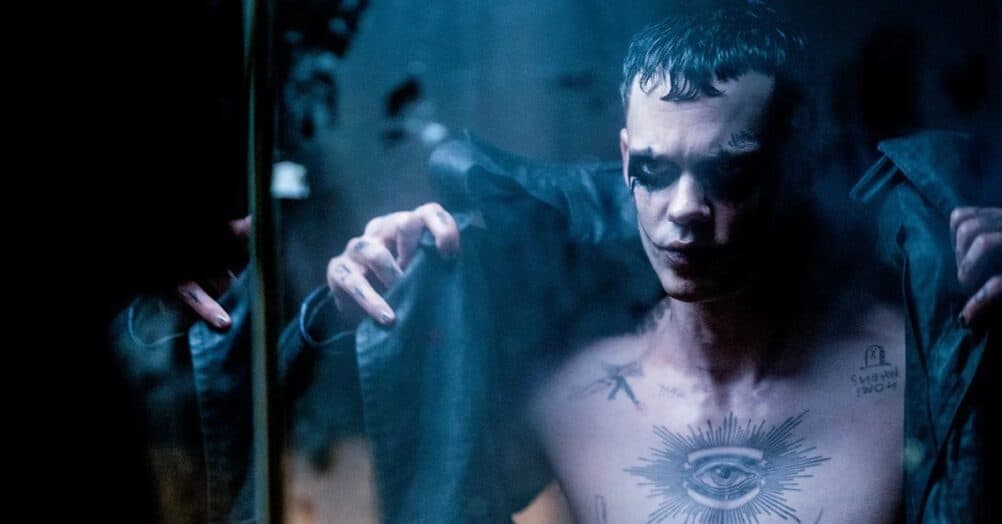
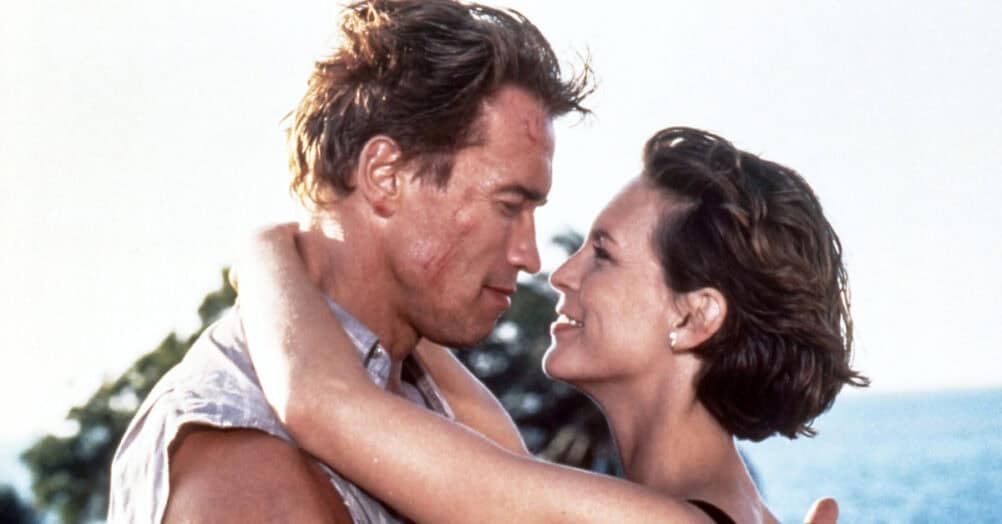
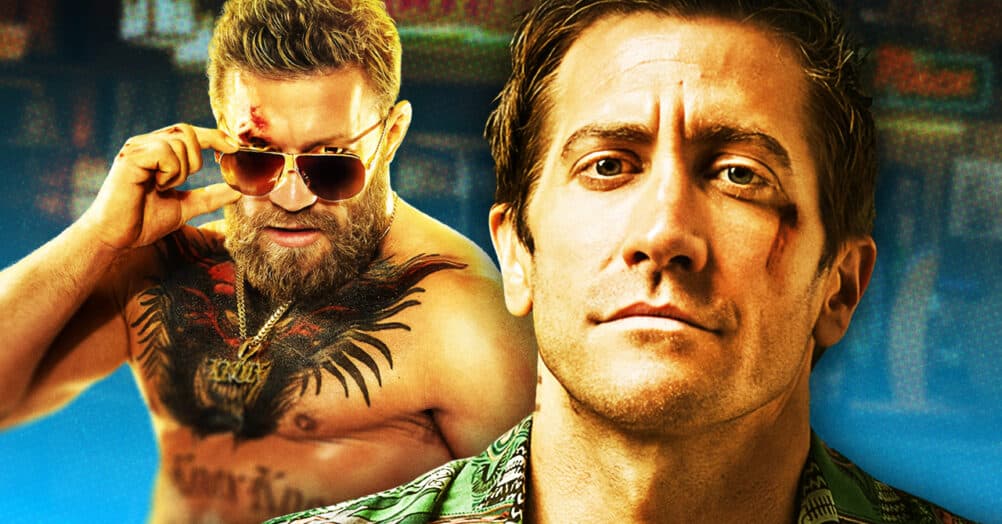
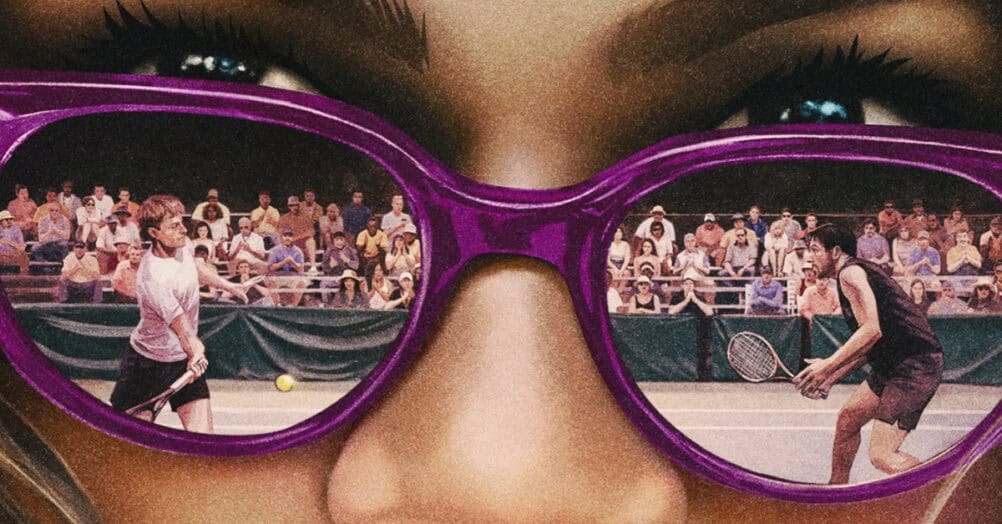
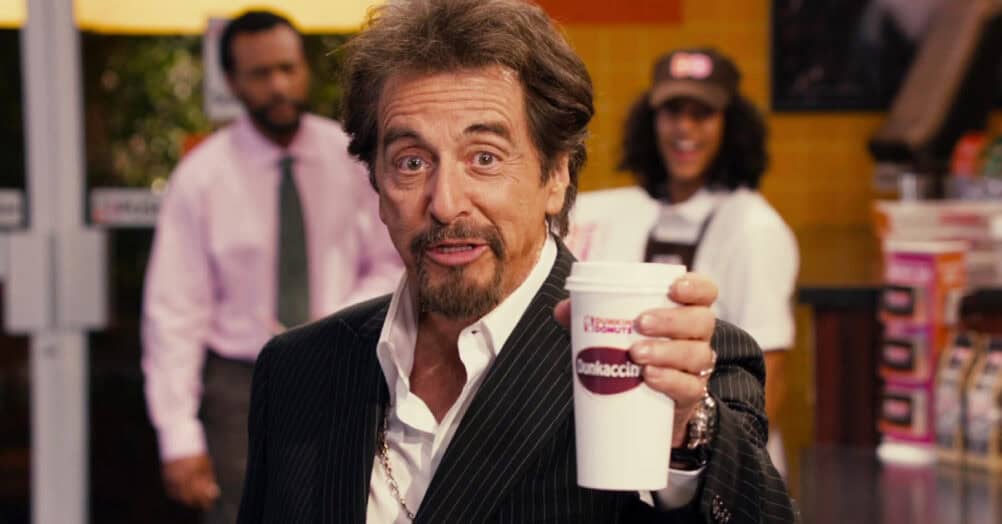
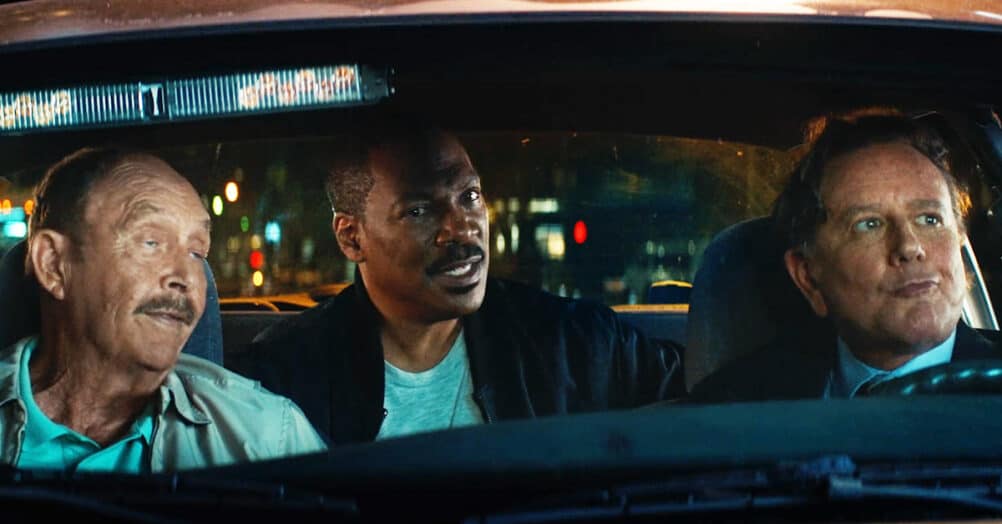
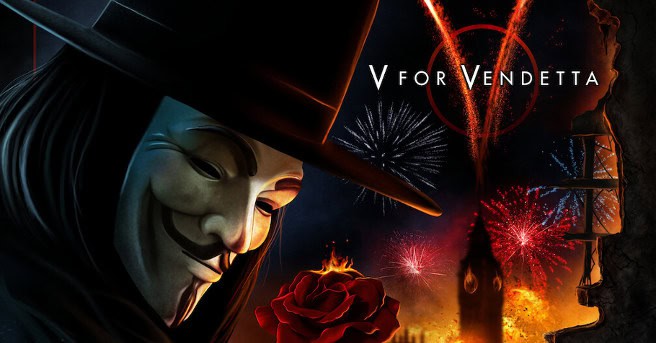
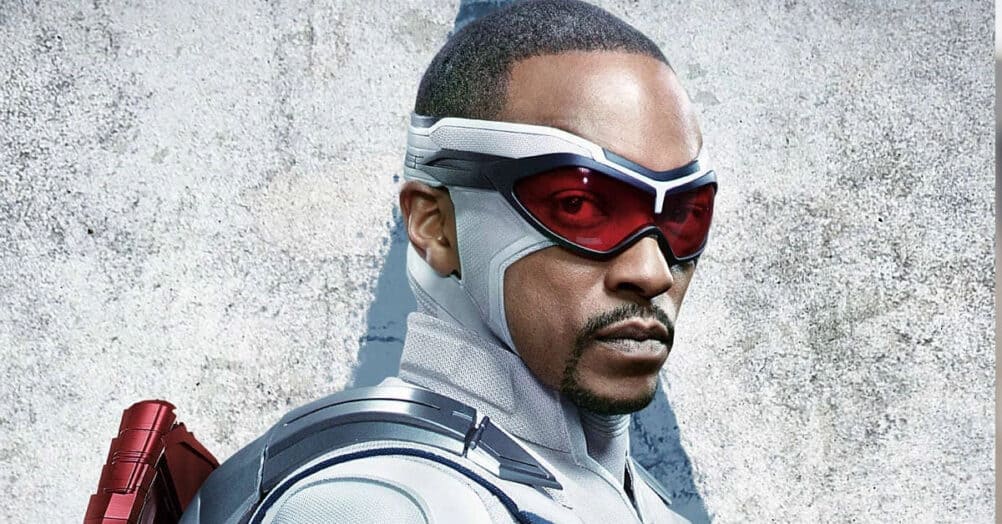
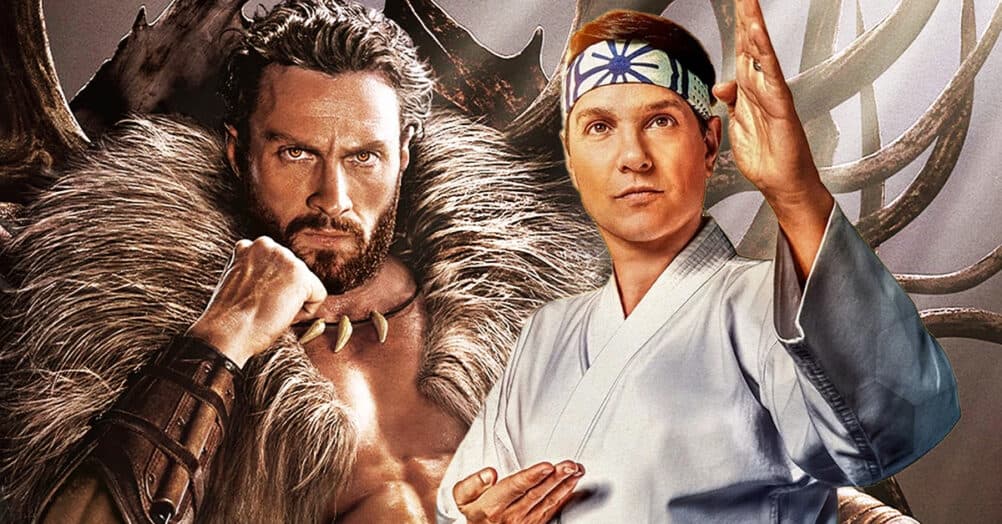
Follow the JOBLO MOVIE NETWORK
Follow us on YOUTUBE
Follow ARROW IN THE HEAD
Follow AITH on YOUTUBE